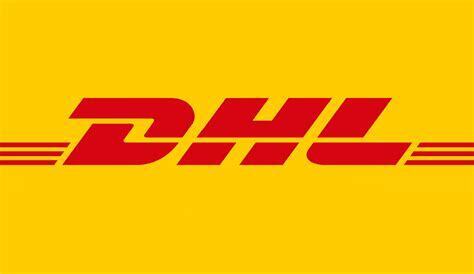In today's corporate landscape, Human Resources/People and Culture (HRPC) departments play a pivotal role in ensuring organisational success by managing a wide range of activities including employee relations, recruitment, compensation, business changes, and compliance etc. However, recent discourse has raised questions about the autonomy and trustworthiness of HRPC functions within companies. A study featured in HR Leader explores the alarming sentiment: "Do You Trust Your HR Department?" (1). This scrutiny prompts a critical examination of whether HR is losing its independence.
HR, for a long time, has been perceived as a neutral mediator between employees and management, safeguarding fairness and adherence to policies. Yet, growing complexities in the business environment, coupled with increased pressure on HR to align with company objectives, may be blurring the lines of independence more than ever before.
One contributing factor may be the integration of HR deeper into strategic decision making processes. While this integration can enhance HR's effectiveness, it can also raise concerns about potential conflicts of interest. HR professionals may face pressure at the highest levels to prioritise organisational interests over employee welfare, ultimately jeopardising their impartiality.
Moreover, an excessive reliance on labour lawyers to manage HR issues could further erode trust in HR departments. While legal expertise is essential in navigating complex employment matters, an overreliance on lawyers may lead to a disconnect between HR and employees. When HR delegates too much responsibility to legal counsel, it may diminish their direct involvement in addressing employee concerns and fostering a positive workplace culture. It may also diminish the experience HR leaders need to effectively and directly handle the complexities of the HR function, make sound HR polices and procedures which properly support their workplaces, and properly head off emerging workplace issues.
The rise of technology in HR practices, such as automated recruitment and performance evaluations, may lead to fears of data manipulation and bias. As HR becomes more intertwined with data analytics and predictive algorithms, questions will continue to arise about the objectivity and transparency of these processes.
To address these challenges and safeguard HR's independence, organisations must prioritise transparency, accountability, and ethical conduct. HR leaders should advocate for clear policies and procedures that uphold fairness and integrity in decision making. The challenge is at the same time supporting the business to achieve its objectives as without business success there are no employees or HR.
In conclusion, while HR remains a crucial function within organisations, any erosion of its independence poses significant risks to employee trust and organisational credibility. Companies should reflect on these concerns and consider implementing measures to reinforce HR's role as a trusted advocate for both employees and management alike. HR leaders need to ensure they are sufficiently engaged in strategic decision making but skilled and credible enough to make sound recommendations around balancing the needs of employees and business success.
Linq HR are Australian Employment and Workplace Specialists assisting organisations and employees be their best at work. Ph 1300234566.
Reference:









